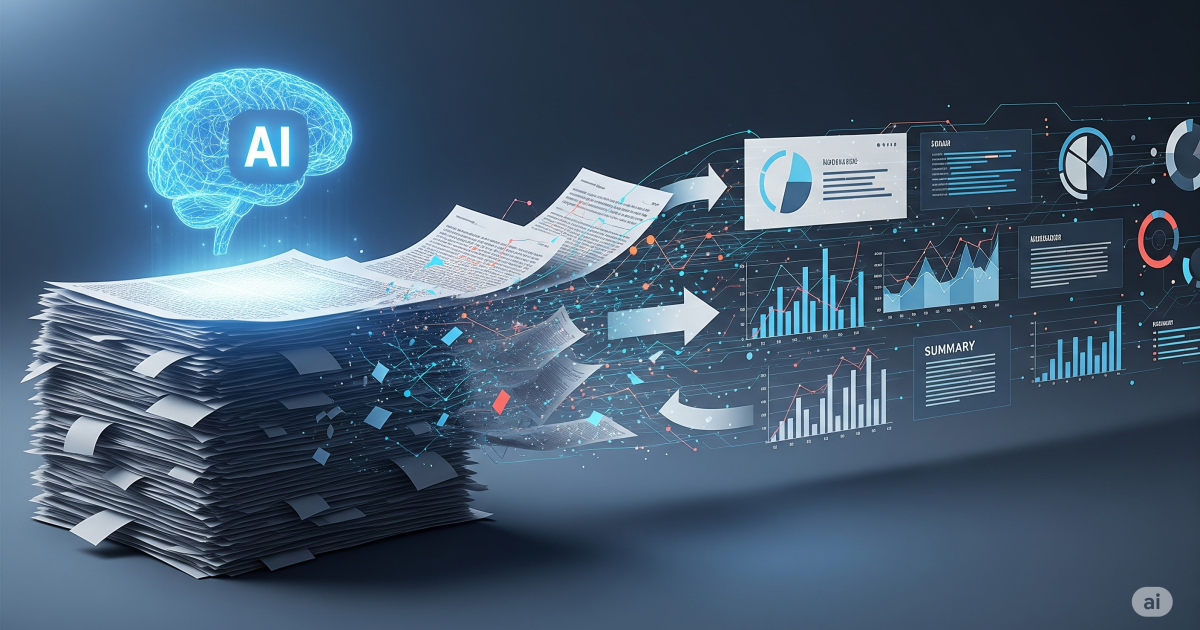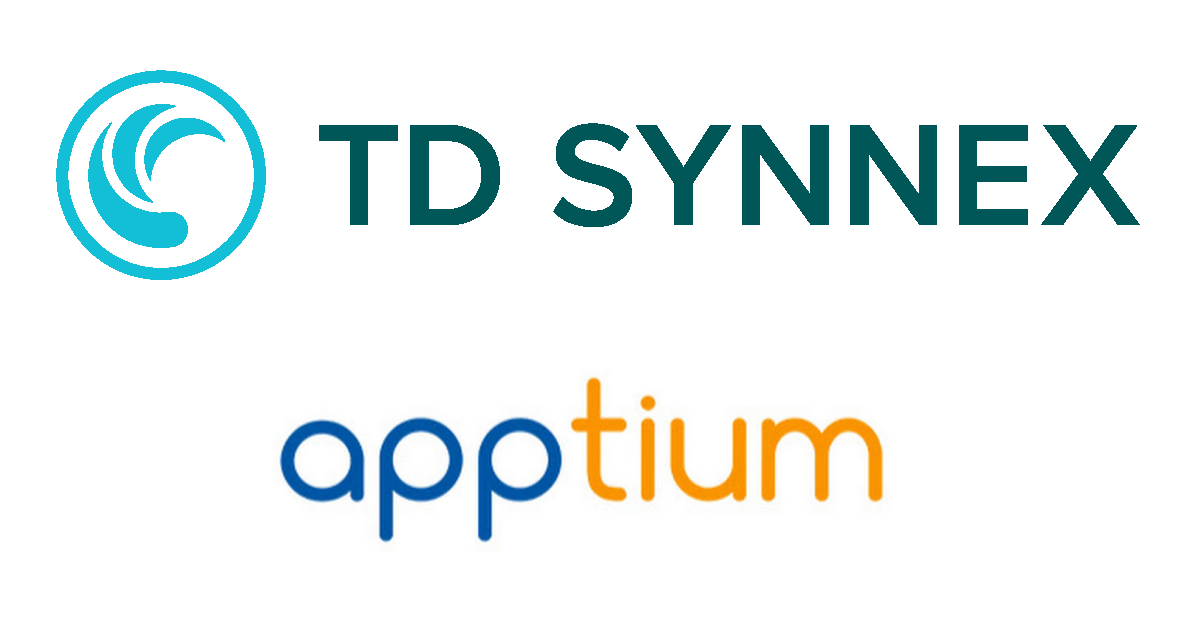Remember when the Internet used to just be called the Internet? And when we wanted to wax philosophic we talked our data going through the “ether” – a term popularized by Ethernet inventor, Bob Metcalfe.
Even back then, tax enforcement agencies were trying to tax goods sold over the Internet. It worked. I see the bill now every time I buy a book from Amazon.
That is actually pretty straightforward. I happen to live in Massachusetts, so when I buy a book I’m hit with Mass sales tax since it is shipped to me here. If go over the border to New Hampshire for a pack of smokes, liquor or fireworks (three of that state’s largest exports), I skip out on the sales tax.
Now the Internet has transformed into the cloud and doesn’t just offer content and communities, but real businesses services with real value, just like the books I get from Amazon. And states like my Massachusetts are trying to collect on these as well.
And it is not just Massachusetts. “Just as states are getting around to amending their statutes to address the taxation of digital products, technology has again evolved and left states racing to catch up. Cloud computing is predicated on borderless global networks. If the location of a cloud cannot be pinpointed, which state‘s laws apply in taxing the cloud?,” asks a PricewaterhouseCoopers LLP (PWC) white paper, “How does one tax the cloud?”
Today, taxes vary from state to state. The commonly taxed cloud service is SaaS, which, having the same function as packaged software, is often taxed as a tangible good. Massachusetts, Washington State and New York all tax SaaS.
Meanwhile, Missouri is one state that decided that cloud software is not taxable.
Opposing the new Bay State tax is The Massachusetts Taxpayers Foundation, which argues the “proposal to tax computer and data processing services and custom software” is a “Pandora’s box.” These taxes will decrease Massachusetts’ competitiveness and increase business costs, the foundation argues.
Where is the Cloud?
But the cloud isn’t physically delivered to a person or business in a state. Instead, it is “used” in that state. That hasn’t stopped Massachusetts from talking about taxing services based on the Web. In fact, it is part of the Governor’s 2014 proposed budget, and something the Mass. Department of Revenue is now actively investigating.
So the debate now rages – should the cloud be taxed, and if so, how in the heck are you properly supposed to do it?
Commvault executive Robbie Wright has apparently been thinking about this issue a lot, and recently penned (or typed) a piece on the subject called, “States Taxing the Cloud: It Was Only a Matter of Time.”
Wright’s first question: Where do you tax?
“Where, exactly, do you tax the cloud? The location of the cloud is nebulous. Do you tax in the place where the services are consumed?” Wright wonders. “The place where the data center is located? If the former, what do you do with the mobile user who is potentially consuming services across many geographies. If the latter, won’t cloud providers just shift as much of their infrastructure as possible to data centers in tax advantaged areas – especially areas like Idaho and Vermont, where legislators have come out in support of tax-free cloud computing? Then, what if both policies are employed, or what about when different jurisdictions apply different tax policies?”
PWC also weighed in: “If a state taxes at the point of use, what if services are free at the point of use? If tax is based on the location of the servers or the office of the cloud computing provider, will providers simply move to the lowest-tax jurisdiction?13 How does a provider or purchaser avoid being taxed in two locations simultaneously when states apply different sourcing rules for sales and use tax purposes?” the PWC white paper asks.
Do Taxes Burst the Cloud?
Some wonder if cloud taxes will threaten innovation by dampening demand. “Perhaps specific jurisdictions with underdeveloped tax codes create risks that drive companies to invest in innovation in other geographies. This appears to be part of the rationale behind the move to end taxation of software delivered via the cloud in Idaho. Maybe narrowing the definition of taxable services as they have apparently done in Massachusetts is the answer. It would be interesting to compare and contrast the results of different states with those taxing – like Texas, Ohio, New York, and South Carolina – with those not taxing – like Idaho and Vermont,” Wright wrote.
Wright does argue, however, that even a tax isn’t enough to negate the massive economic benefits the cloud provides. Let’s assume, as Wright does, that the state tax is 4.5 percent, and the tax isn’t simply absorbed by the provider but added to the price.
This increase is almost inconsequential as cloud applications can create savings if 65-85 percent, according to a Booz/Allen/Hamilton report cited by Wright.
Edited by
Braden Becker






